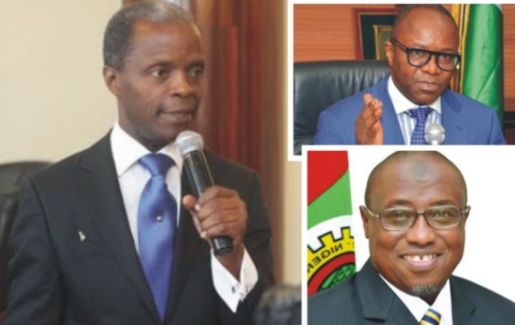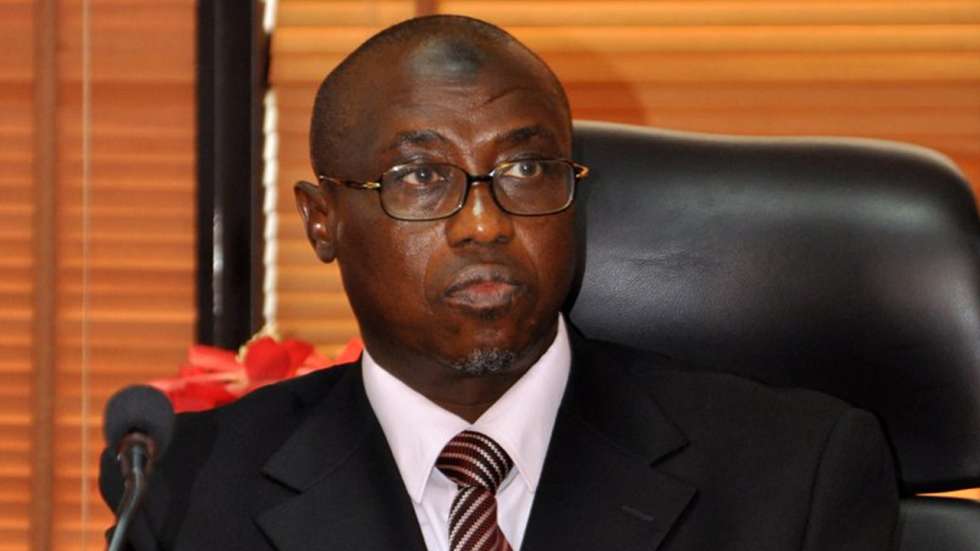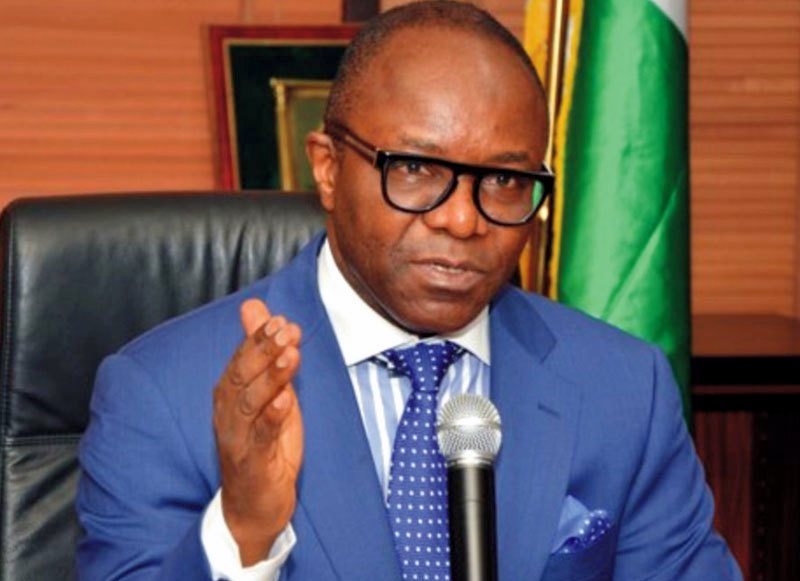The Group Managing Director, Nigerian National Petroleum Corporation (NNPC) Dr, Maikanti Baru has called for more collaboration between the academia and the oil and gas industry on research, to attract investments into country.
Baru, represented by Mr Silky Aliyu, the Managing Director, Nigeria Engineering and Technical Company (NETCO), made the call at the 1st National Education Summit organised by the Oil and Gas Trainers Association of Nigeria (OGTAN) in Lagos.
The summit was tagged “Sustaining Local Content Through Quality Education and Training, Prospects and Challenges’.
He stressed the need for the country to develop and adopt research and development structures that will create opportunities in the industry through risk reduction and production costs.
Baru promised to collaborate with OGTAN to accelerate skills development in the industry, in order to keep pace with changing environment globally.
According to him, research must be prioritised in order to keep up with developmental changes in the world.
ALSO SEE: Bloodbath in Benue as gunmen kill four policemen, abduct 11
In her remarks, the former Minister of Education, Dr Oby Ezekwesili, said that continuous dependence on oil and gas will not take Nigeria to its anticipated state of development.
According to her, without development of human capital and local content, Nigeria’s vast natural resources would amount to nothing when put at par with developed countries of the world.
“It does not matter what quantity of oil and gas and minerals still existing in our grounds, without developing human capacity and local content, we might as well be heading for collapse.
“The oil and gas is a means to an end. The end is about the development of human capital.’’
Ezekwesili said that the discretionary allocation of oil blocks gave rise to `massive’ corruption in Nigeria.
“The discretionary allocation of oil blocks led to massive and grand corruption in Nigeria.
“So to this end, we entrenched the system of licensing and marginal fields allocation, in order to encourage local players.
“But I guess politicians assumed marginal fields and they distributed them without due process,’’ she said.
According to Ezekwesili, proper policies need to be put in place in the oil and gas sector to avoid political sentiments.
The Executive Secretary, the Nigerian Content Development and Monitoring Board (NCDMB), Mr Simbi Wabote, said that out of the 20 billion dollars spent by the International Oil Companies (IOC’s) in engaging foreign contractors, about 14 billion dollars would be retained in-country, in the next ten years.
Wabote said that already, the board has achieved five billion dollars annually through effective implementation of the Local Content Act.
He said that apart from the remaining five per cent of the industry spend, 300,000 jobs have equally been created.
The executive secretary said that there were plans to unveil a Research and Development Fund, in collaboration with the academia, to foster research and development in the oil and gas industry.
He said the board was shifting emphasis from building capacity to skills development that gears towards engagement of those that benefit from the training.
According to him, the NCDMB has developed a ten year strategic plan that will facilitate achievement of the ambitious 70 per cent in-country job retention set by the agency.
He said that the board would continue to pursue all the identified parameters that are germane in building a strong local content structure in the country.
“These parameters include capacity building, strong regulatory framework, gap analysis, research and development, funding and incentives.
On his part, OGTAN’s president, Dr Afe Mayowa, said that the body is working on a couple of projects to encourage researchers in oil and gas and the academia.
Mayowa said that some of the projects were categorised as member companies, in line with international standards, issuance of guidelines for standardisation of training and the establishment of a National Occupation Standard (NOS).
He said that the projects were in conjunction with the NCDMB in fostering collaboration between regulatory bodies, the academia and the oil and gas industry, to help close the gap between the ivory towers and the practical aspects of the oil and gas industry.

 Health6 days ago
Health6 days ago
 Entertainment1 week ago
Entertainment1 week ago
 Crime6 days ago
Crime6 days ago
 Education1 week ago
Education1 week ago
 Health1 week ago
Health1 week ago
 Comments and Issues7 days ago
Comments and Issues7 days ago
 Football7 days ago
Football7 days ago
 Latest6 days ago
Latest6 days ago







